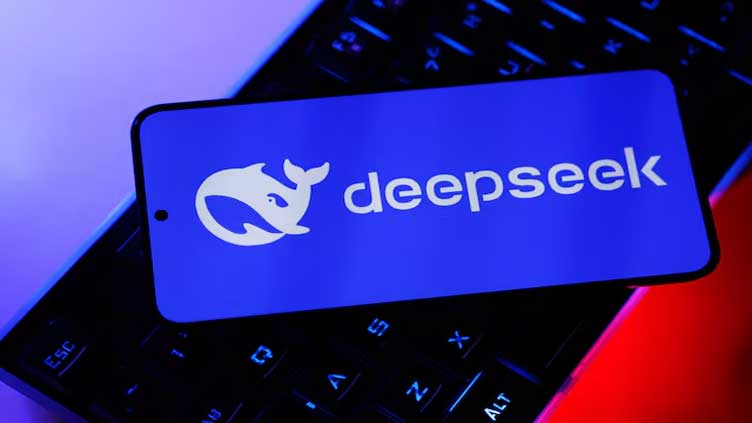In January, barely a week into Donald Trump’s presidency, China’s DeepSeek-R1 AI app stunned the world by becoming the most downloaded free app in the US overnight. The company claimed its chatbot rivalled ChatGPT while costing only a fraction to develop. That revelation — coupled with its meteoric rise — wiped $600 billion from Nvidia’s market value in a single day, the largest one-day loss in US stock market history, and rattled several other AI-linked stocks. DeepSeek’s success challenged the long-standing belief that China lagged far behind the US in advanced AI.
The app’s arrival prompted comparisons to “AI’s Sputnik moment,” as venture capitalist Marc Andreessen put it, suggesting it marked a new phase in the US-China technology rivalry. Six months on, DeepSeek has faded from headlines but remains in use. Its impact on AI development has been profound, challenging the assumption — long championed by American tech leaders — that bigger data centres and vast computational power were the only path to breakthroughs. Experts point out that DeepSeek achieved top-tier performance without the most powerful hardware, relying instead on efficient engineering.
DeepSeek’s weekend surge caught US companies off guard, leading many to ban it over fears of Chinese data access. Although exact usage numbers are unknown, some US start-ups continue using it to cut costs compared to pricier American AI models. Many users have devised workarounds to run DeepSeek locally, avoiding Chinese servers to mitigate privacy risks. For cash-strapped firms, the savings from using DeepSeek have been redirected to critical expenses like hiring staff.
The app’s emergence has reshaped perceptions of China’s AI capabilities. Until then, Chinese large language models were seen as competitive but always trailing Western counterparts. DeepSeek’s claim of developing a model that outperformed OpenAI’s o1 — for just $5.6 million compared to OpenAI’s $5 billion annual spend — upended those assumptions. Analysts say the achievement demonstrated that China could produce world-leading AI with far fewer resources, forcing the US to frame AI investment as a national priority.
Despite its technical success, DeepSeek remains under a cloud of suspicion. US officials are investigating the company’s ties to Beijing, with concerns it may aid China’s military and intelligence services. The company’s privacy policy confirms user data may be processed and stored on servers in the People’s Republic of China, fuelling fears about security and surveillance. DeepSeek has not responded to these allegations, but the controversy ensures its name will remain linked to both innovation and geopolitical tension.














